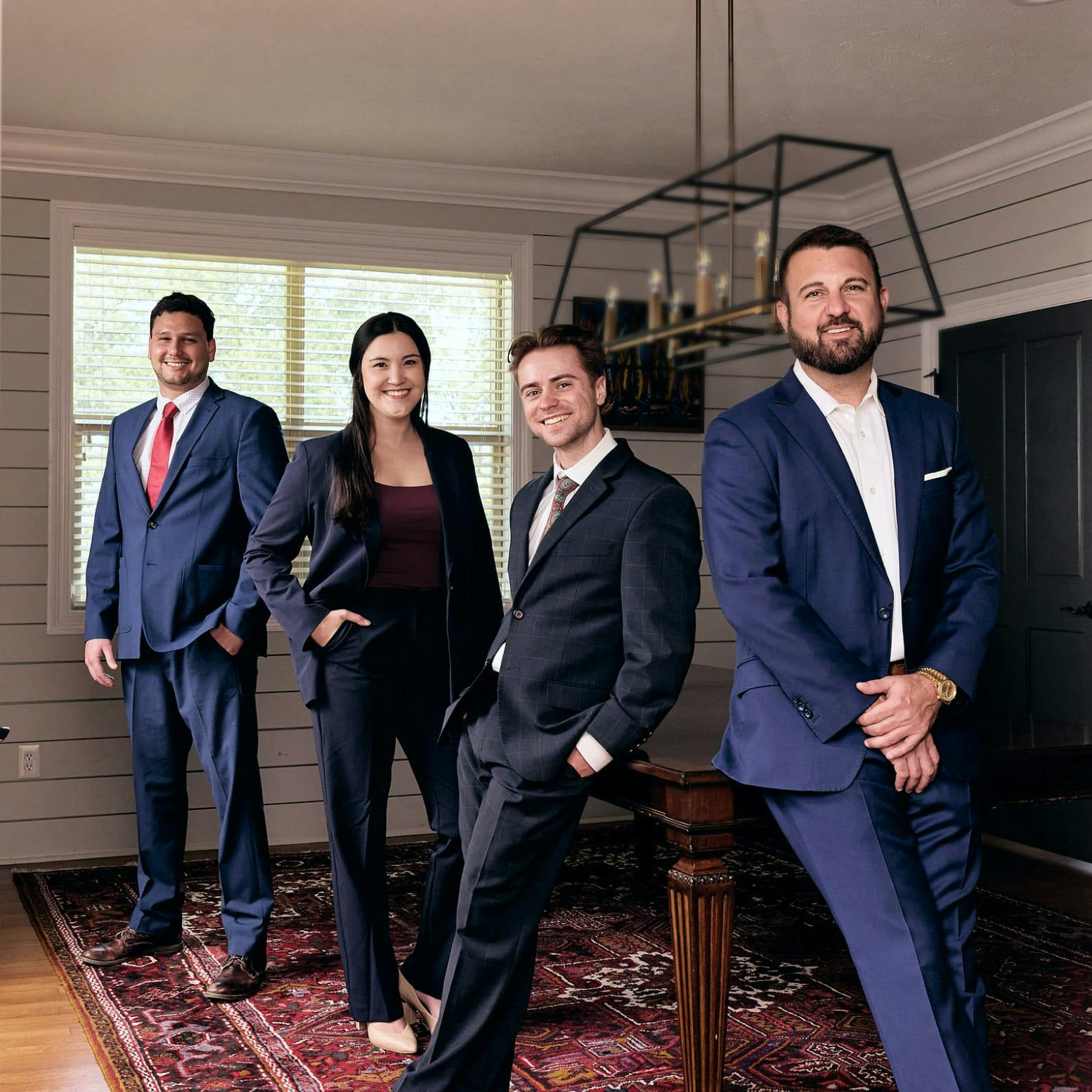
Car accidents are a leading cause of death in the United States, and for those who survive them, they can be life-altering events. Survivors may suffer from physical injuries that require extensive medical treatment, as well as emotional trauma such as post-traumatic stress disorder (PTSD). PTSD is an anxiety disorder that develops after experiencing or witnessing a traumatic event like a car accident. It can manifest itself in nightmares, flashbacks, difficulty sleeping, avoidance of activities related to the event and extreme fear or guilt about what happened during the crash.
Those suffering from PTSD may also experience depression and feelings of detachment from family and friends. Fortunately there are treatments available to help people cope with their symptoms so they can live more fulfilling lives despite their experiences.
Post Traumatic Stress Symptoms After a Crash
The impact of a crash can be far-reaching and long-lasting, even after the physical injuries have healed. Many people who experience a car accident may develop post traumatic stress disorder (PTSD), which is characterized by symptoms such as flashbacks, nightmares, anxiety, depression, and difficulty concentrating. These psychological effects may appear immediately following the crash or they might emerge months later. It's important to understand how PTSD can manifest itself so that you can seek help if needed.
When Does PTSD Occur from Car Accidents?
Post-traumatic stress disorder (PTSD) is an anxiety disorder that can occur after someone has been through a traumatic event such as a car accident. It can cause intense fear, helplessness, and horror in those affected by the trauma. PTSD symptoms may include flashbacks, nightmares, avoidance of reminders or triggers related to the accident, emotional numbing and detachment from others.
Those suffering from PTSD often experience difficulty sleeping and concentrating on tasks. In addition to car accidents, PTSD can also be caused by assaults or other violent acts, natural disasters, military combat or any situation that results in psychological trauma. If left untreated it can severely impact quality of life and lead to further mental health issues like depression or substance abuse problems.
What are Treatment Options for PTSD when a Crash Occurs?
Post-traumatic stress disorder (PTSD) is a mental health condition that can occur after someone has experienced or witnessed a traumatic event, such as an accident or natural disaster. People who have PTSD may experience symptoms such as nightmares, flashbacks, and intense feelings of distress when reminded of the traumatic event. Treatment options for PTSD vary depending on the severity of the individual’s symptoms and how long they have been experiencing them.
Common treatments for PTSD include psychotherapy, medications, lifestyle changes, and support groups. It is important to work with a mental health professional to find the best treatment option for you or your loved one if you suspect that you are suffering from PTSD following a crash.
How Can PTSD Impact a Person’s Life After a Car Accident?
Post-traumatic stress disorder (PTSD) is a mental health condition triggered by witnessing or experiencing a terrifying event. It can occur after a car accident, when an individual feels overwhelmed and unable to cope with the trauma of what they have experienced. PTSD can cause extreme emotional distress and may lead to physical symptoms such as anxiety, depression, flashbacks, nightmares, and insomnia.
People who suffer from this disorder often struggle with their relationships due to difficulty managing emotions and trust issues. They may also experience problems at work because of their inability to concentrate or complete tasks efficiently. PTSD can be debilitating if left untreated but there are treatments available that can help individuals manage their symptoms in order to live a more normal life after experiencing a car accident.
Can a Victim Recover Compensation for PTSD Stemming from a Crash?
Yes, victims of automobile accidents may be able to recover compensation for PTSD stemming from a crash. Post-traumatic stress disorder (PTSD) is a serious mental health condition that can develop after a person has experienced or witnessed a traumatic event. In the case of an automobile accident, the victim may experience physical pain, emotional distress, and other psychological symptoms that can lead to PTSD. If the victim is able to prove that the accident caused their PTSD, they may be entitled to compensation for physical, emotional, and economic damages.
To recover these damages, victims will need to provide evidence of the trauma they experienced and document the effects of their injury on their life. Compensation may be available for medical expenses, lost wages, and other losses related to the victim's PTSD. Additionally, punitive damages may be available in certain cases where it can be proven that the other driver acted recklessly or negligently. An experienced personal injury attorney can help victims of automobile accidents understand their rights and build a strong case for compensation.
Maggio Law is a law firm that represents victims of crashes who suffer from Post-Traumatic Stress Disorder (PTSD). We understand the unique challenges these individuals face and are dedicated to providing them with the legal support they need. Our attorneys have extensive experience handling PTSD cases, so we can provide our clients with personalized advice and knowledgeable representation
We understand that car accidents can be life-altering events, and we are committed to helping victims cope with the physical, emotional, and financial aftermath. Our attorneys can help if you have endured post-traumatic stress disorder (PTSD) due to your experience in a crash. We are passionate about advocating for our clients’ best interests so they may receive just compensation and move forward with their lives.

